
IT IS THURSDAY AND I MUST BAKE
I had a lot of egg whites left over from making custard, so I thought I’d just make something very simple to go with this week’s book: Meringue. Olé! Caramba! Gaucho!

But I put lots of liquorice powder into the er dough before piping it onto the silicone.

Not a lot of process pictures… you just whisk the egg whites until they’re really stiff (he said etc), adding sugar during the process, and that’s it.

Then you bake them for 60-90 minutes at 100C and you can start eating as soon as they’re chill.

Sooo chill.
Well, that went fast, so now I have to choose a book to read while nibbling these… things…

I choose… Composed on the Tongue by Allen Ginsberg.
This blog series is about the unread books that I have had the longest in my possession and somehow accidentally on purpose have avoided reading. This one seems to have been bought in 1996, and might be the most recently acquired ones of the books above.
And the reason for not reading it all these years should be pretty obvious. I mean, poetry. I mean. I love poetry, but reading it is just, you know, hard. Even my favourite poet, Charles Reznikoff, puts me right to sleep after a page or two, so getting through a book of poetry takes weeks.
But I get a lot of sleep! That’s healthy, I guess.

Whaaaa… This isn’t poetry! It’s a collection of essays and interviews and stuff! I never knew! I have a strict no-spoiler attitude towards book, so I never read the blurb on the back and basically even try to avoid looking at the cover, really, but that sounds insane so pretend I didn’t write that, but it’s true.
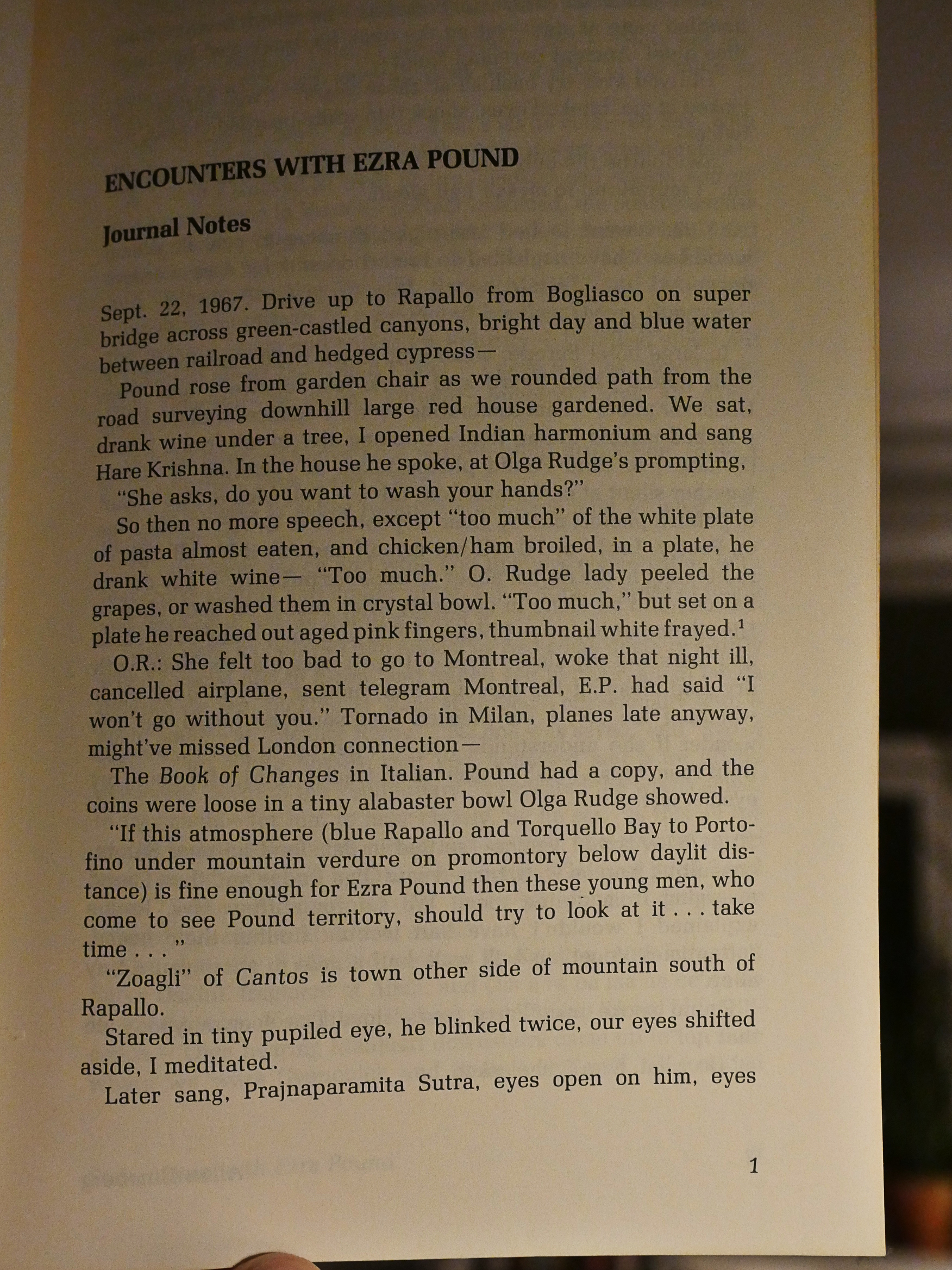
The contents of this book are quite diverse… The first bit is a collection of journal entries about Ginsberg’s encounters with Ezra Pound.
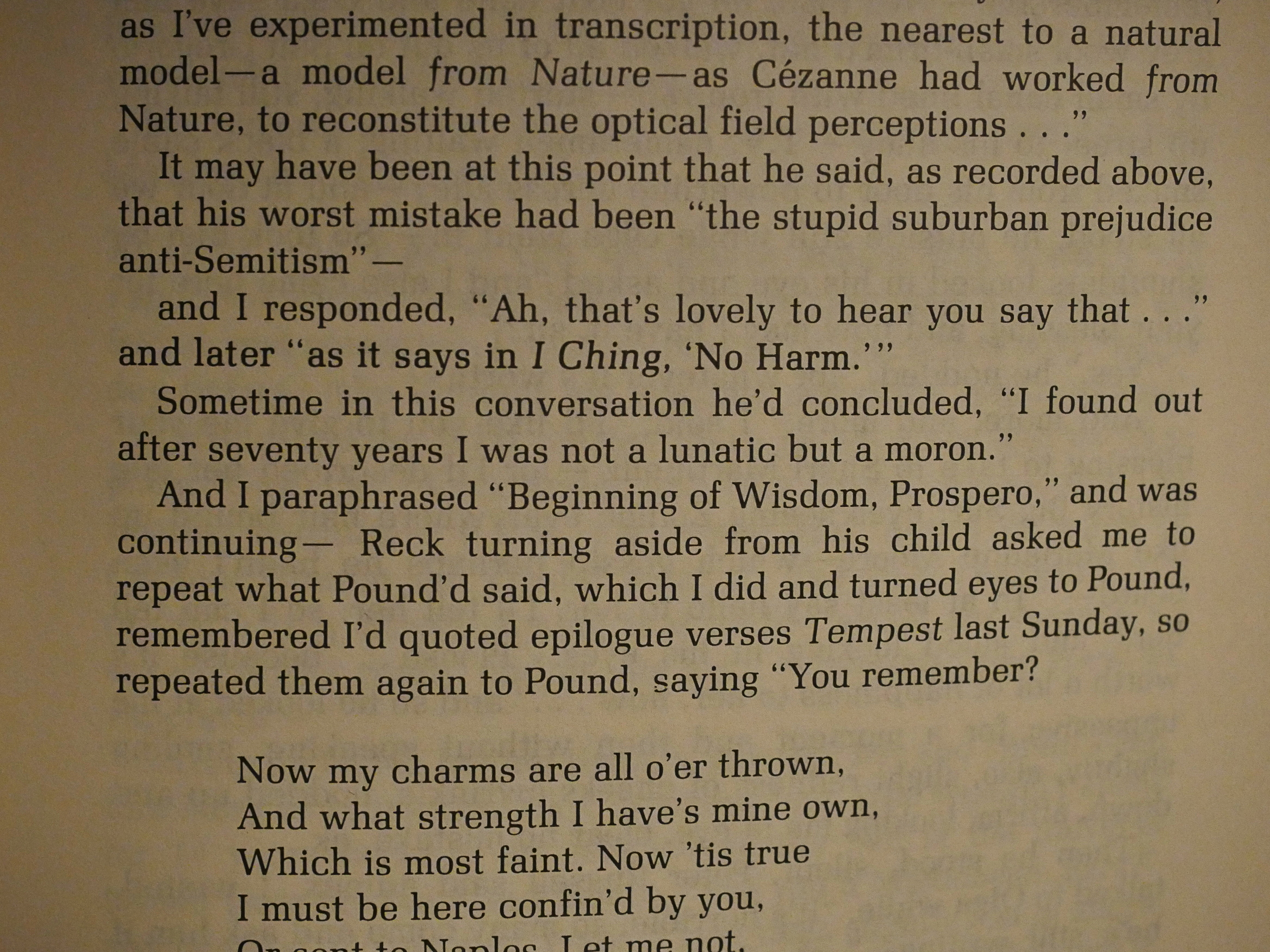
“I found out that after seventy years I was not a lunatic but a moron.”
That’s harsh, Ezra.
Oh, but I was going to see how the meringue goes with the book…

They are super light and fluffy.

Just like the book! So it’s a perfect pairing; especially with the liquorice powder encased in the sugar/egg white body. Nom nom nom.
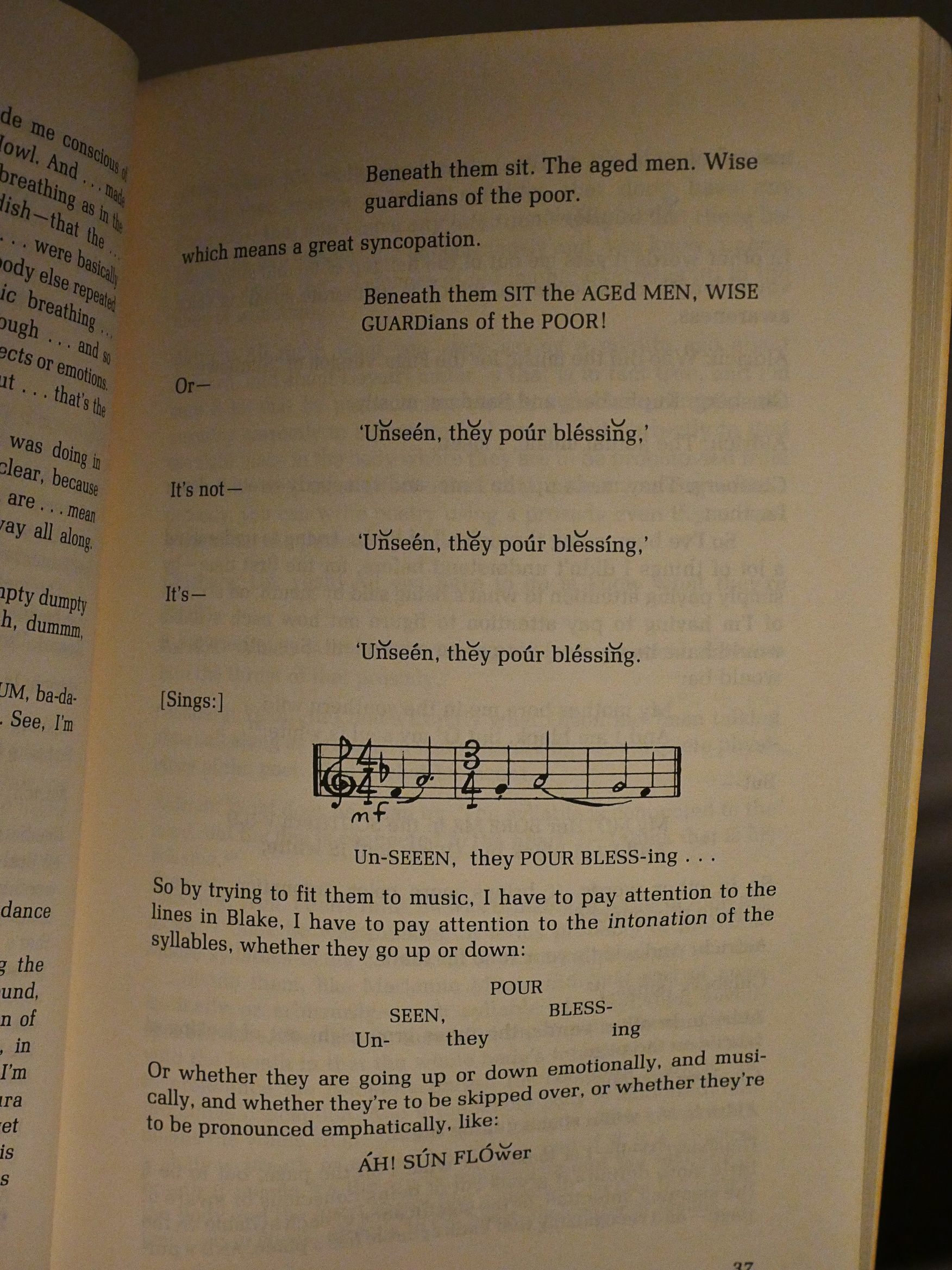
Anyway, back to the book: I though the most interesting bit was the one where Ginsberg talks to Michael Aldrich and friends about “improvised poetics”.
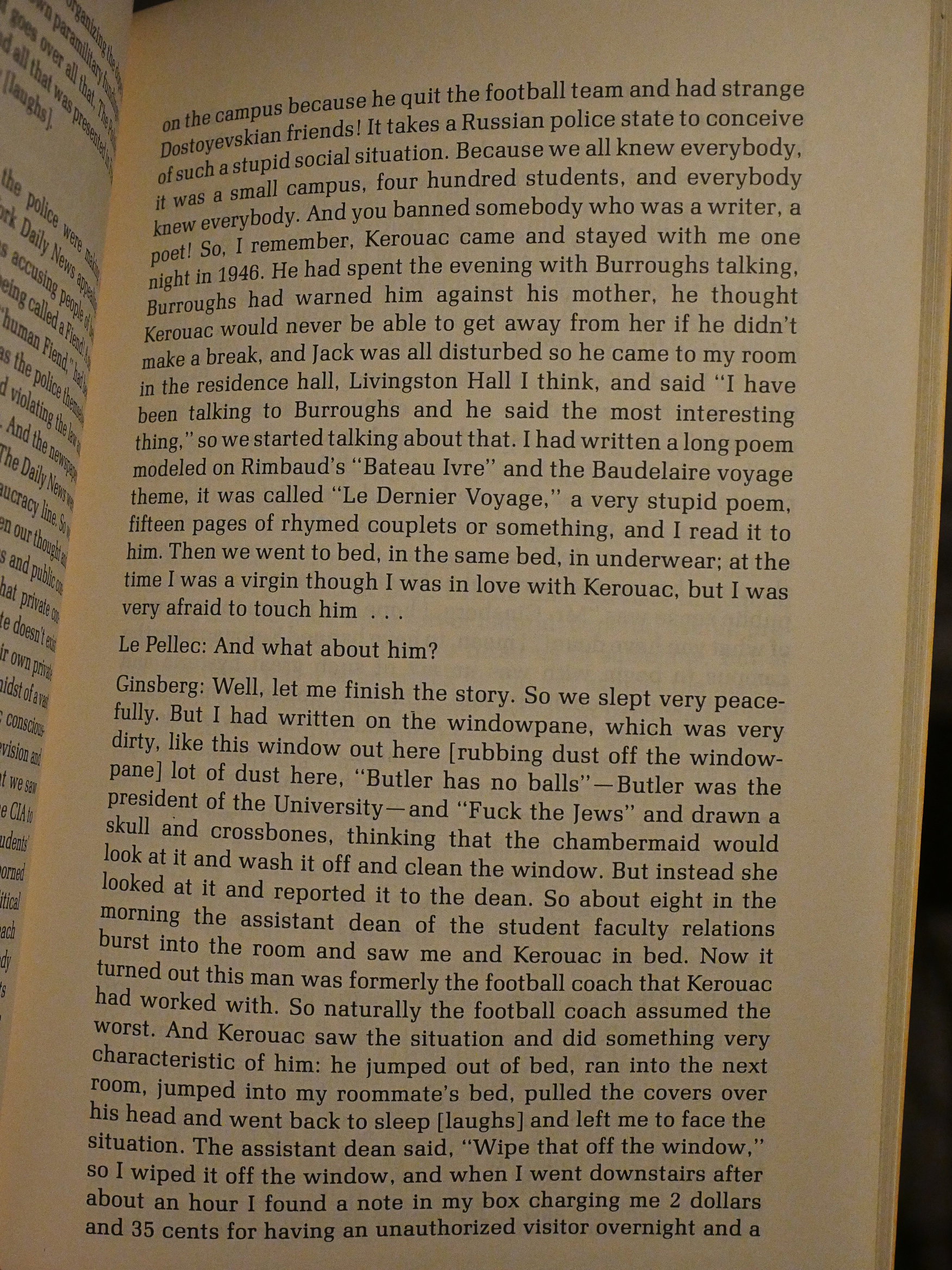
There’s an interview (done by Yves le Pellec) that has a number of very amusing anecdotes about Kerouac, Neal Cassidy and Burroughs.
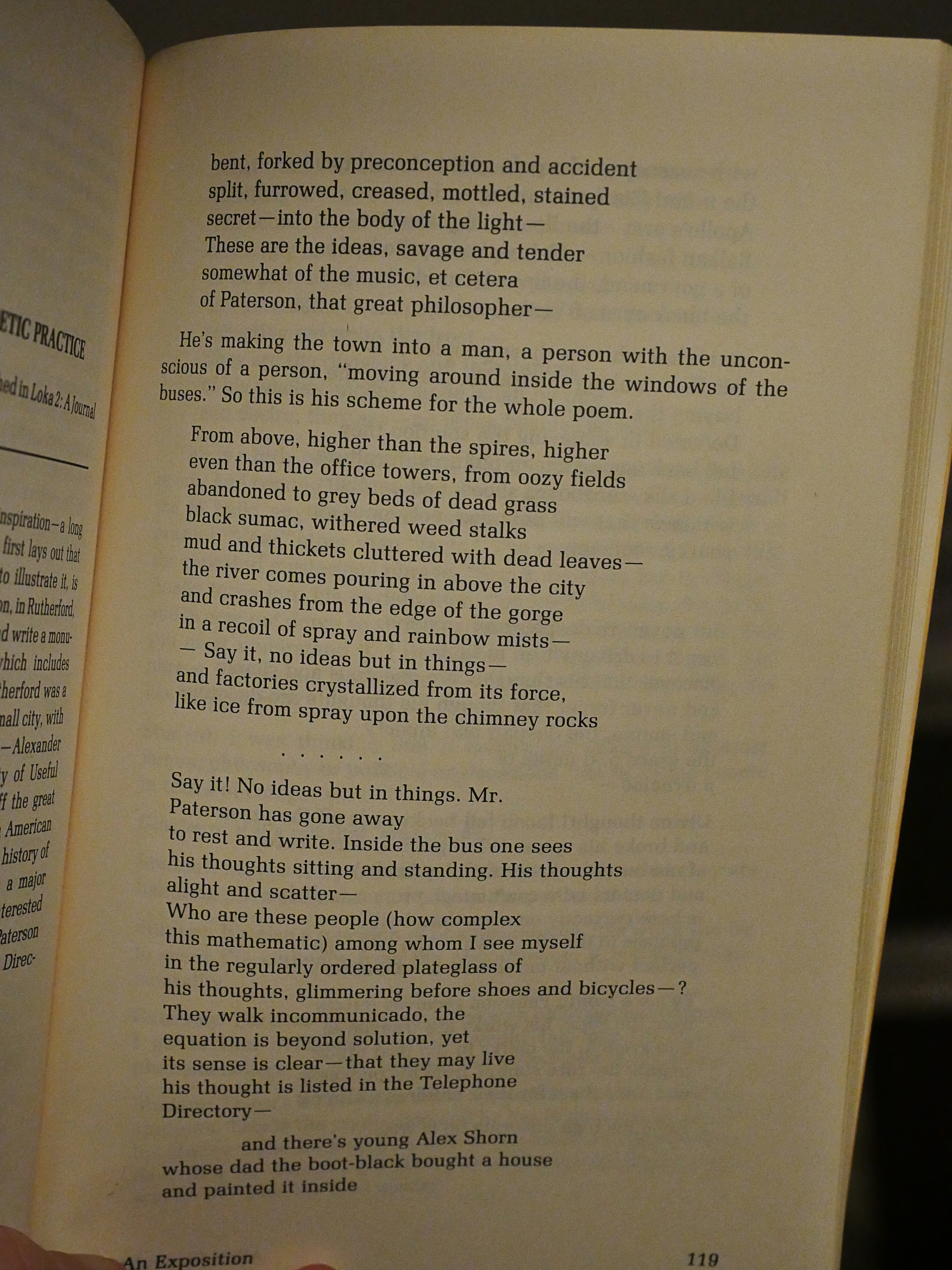
The longest section is a transcript of some lectures about William Carlos Williams.
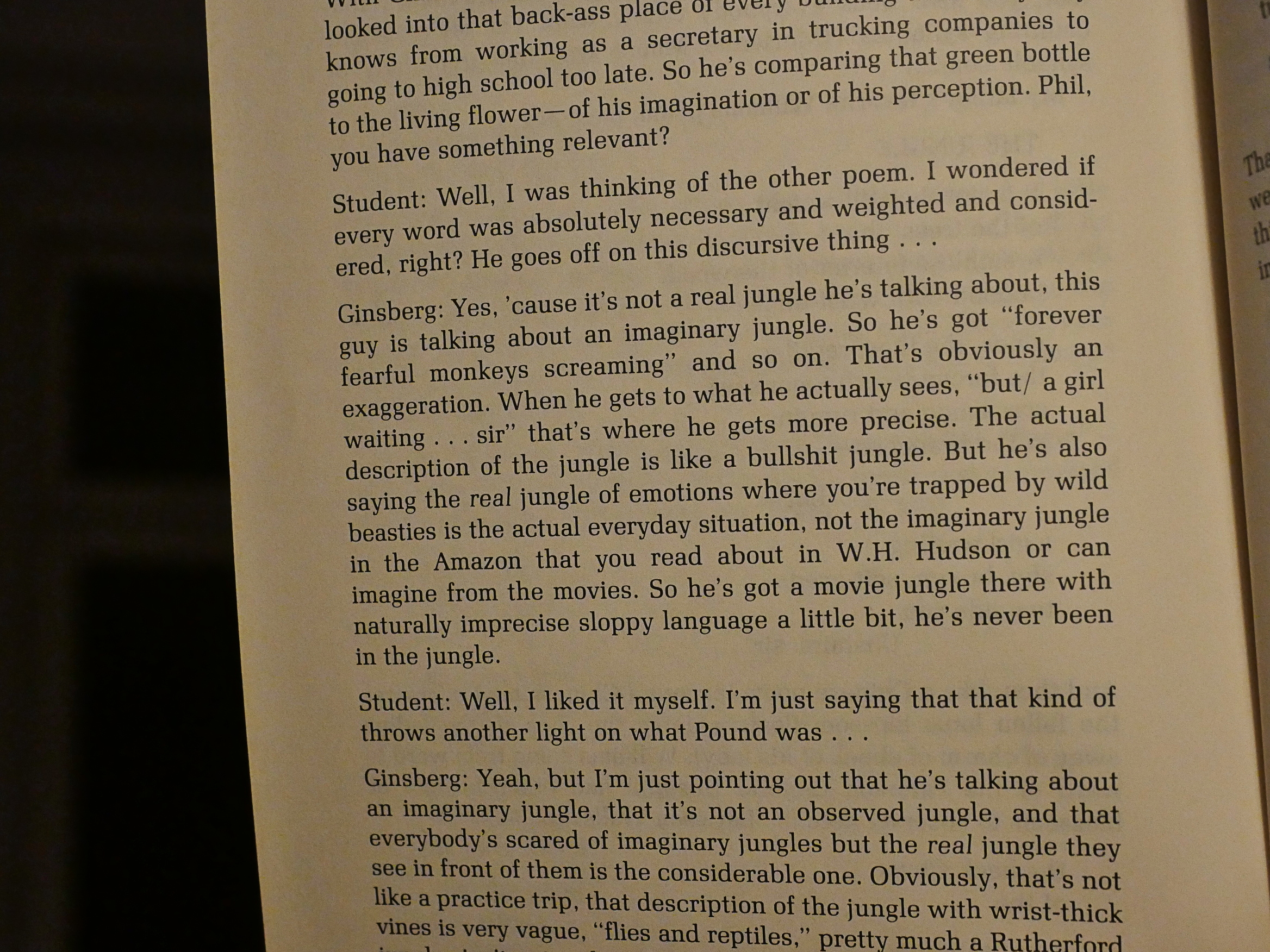
The students interject with questions now and then, and Ginsberg is… er… not always that appreciative. “Phil, you have something relevant?” I’m guessing that Phil usually didn’t.

Oh! I think we had that poem in an English class once! Perhaps everybody does? It’s a good one.
So there we are: This wasn’t the book I expected, but it was an interesting read.

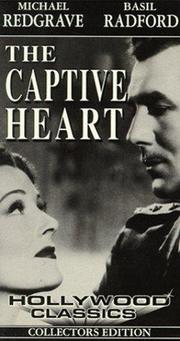
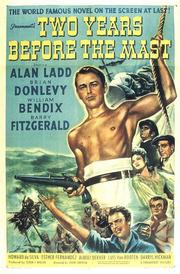
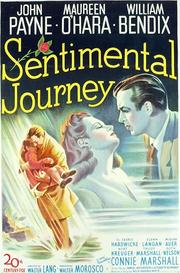
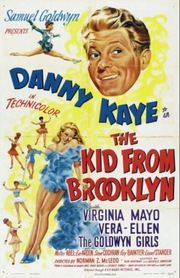
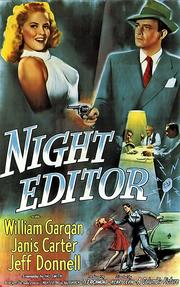
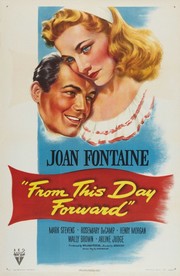
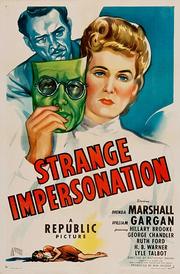
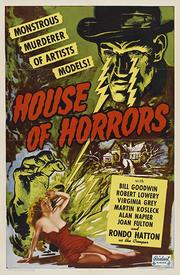
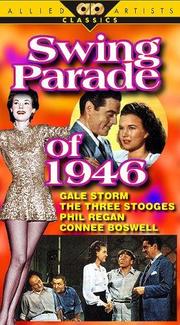
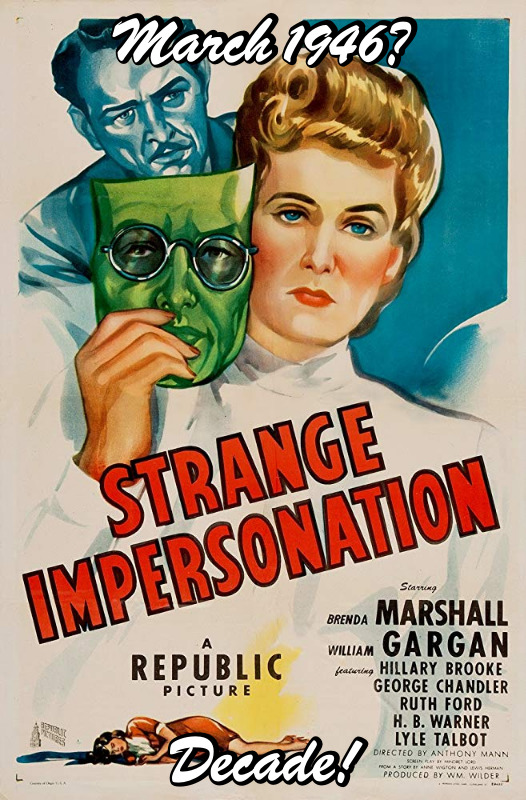
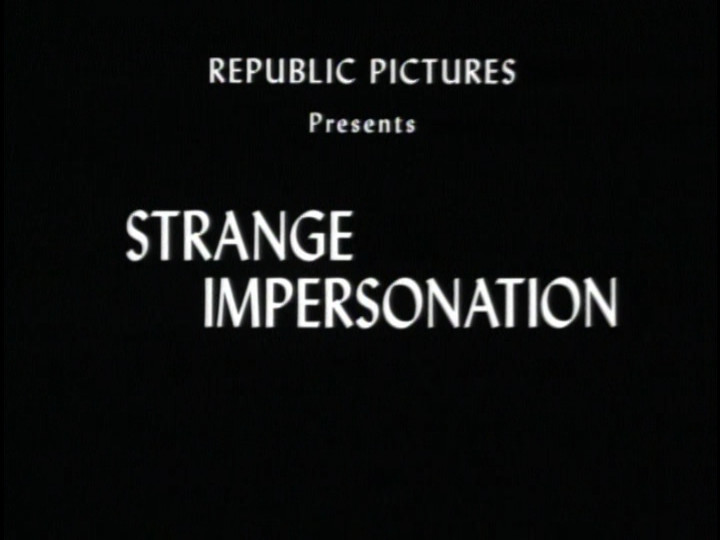
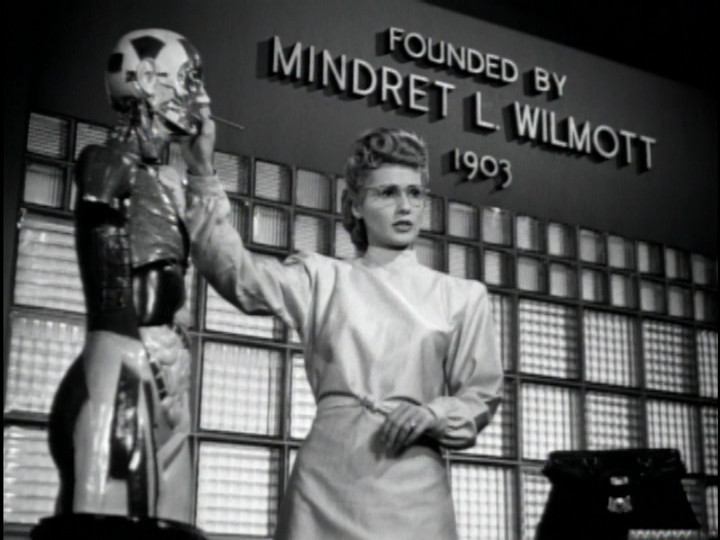

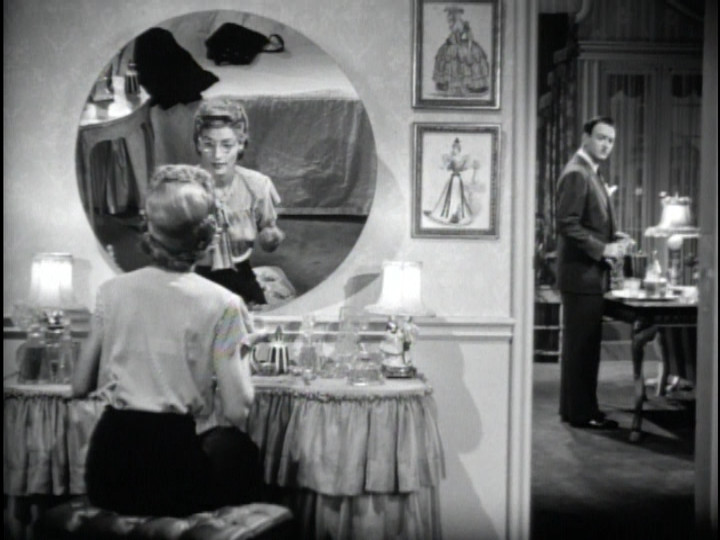
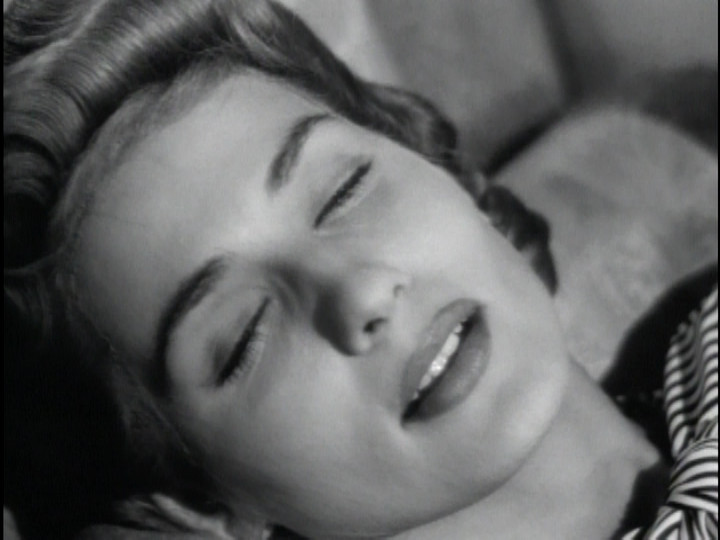
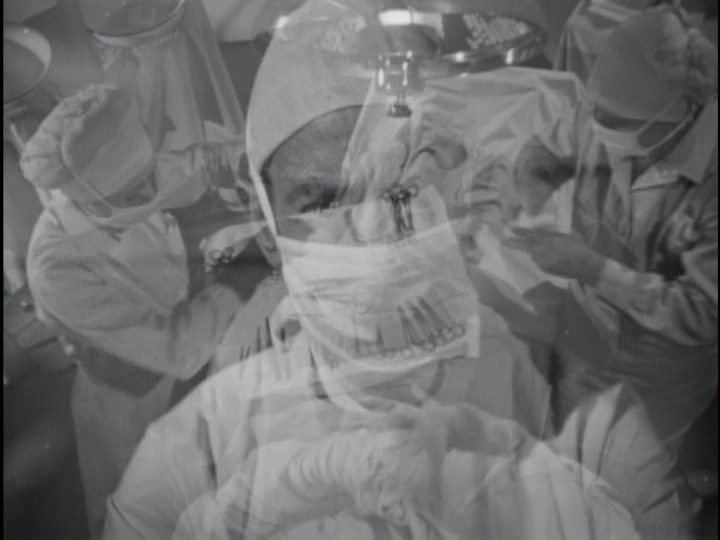
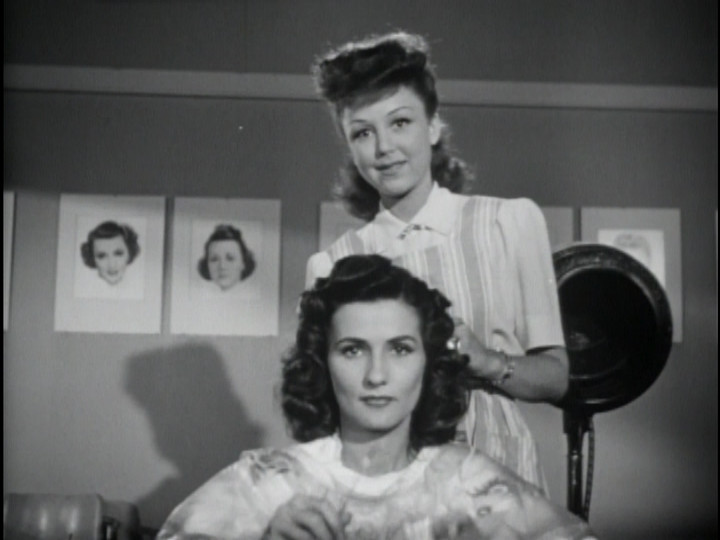
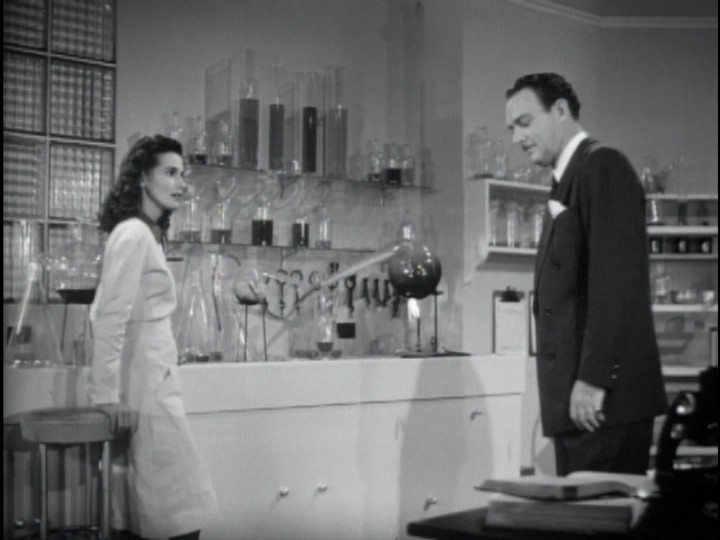
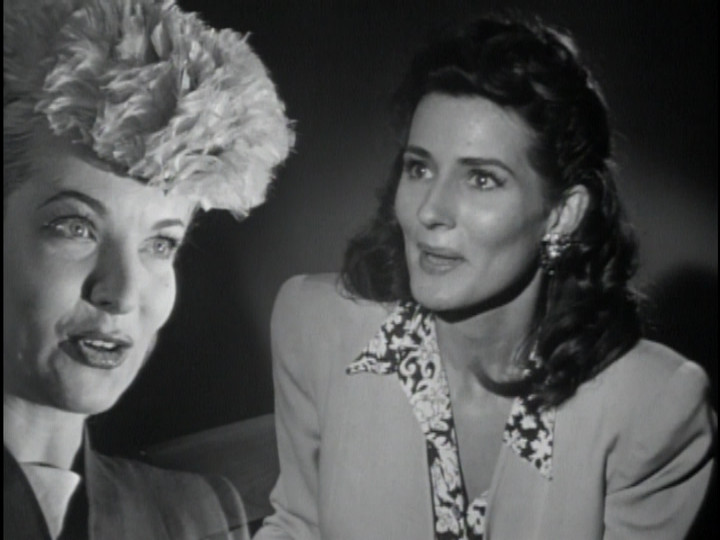
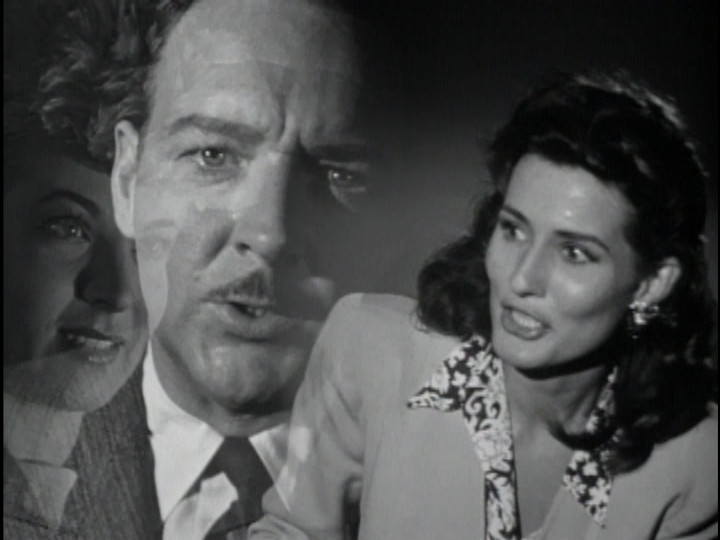
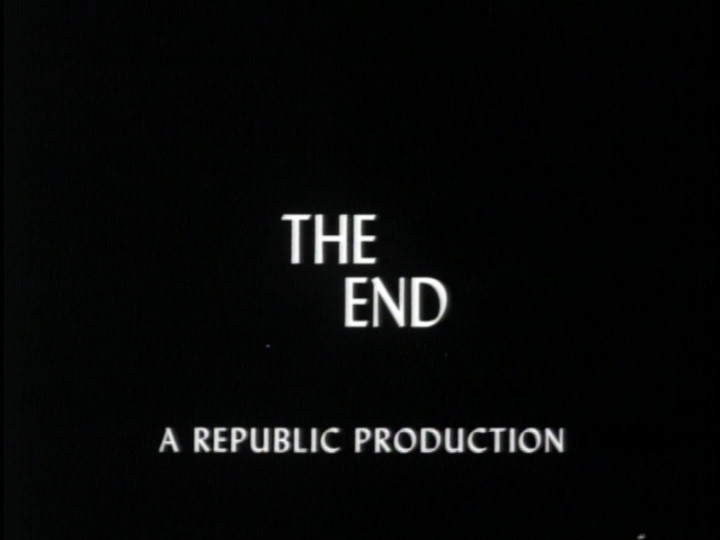
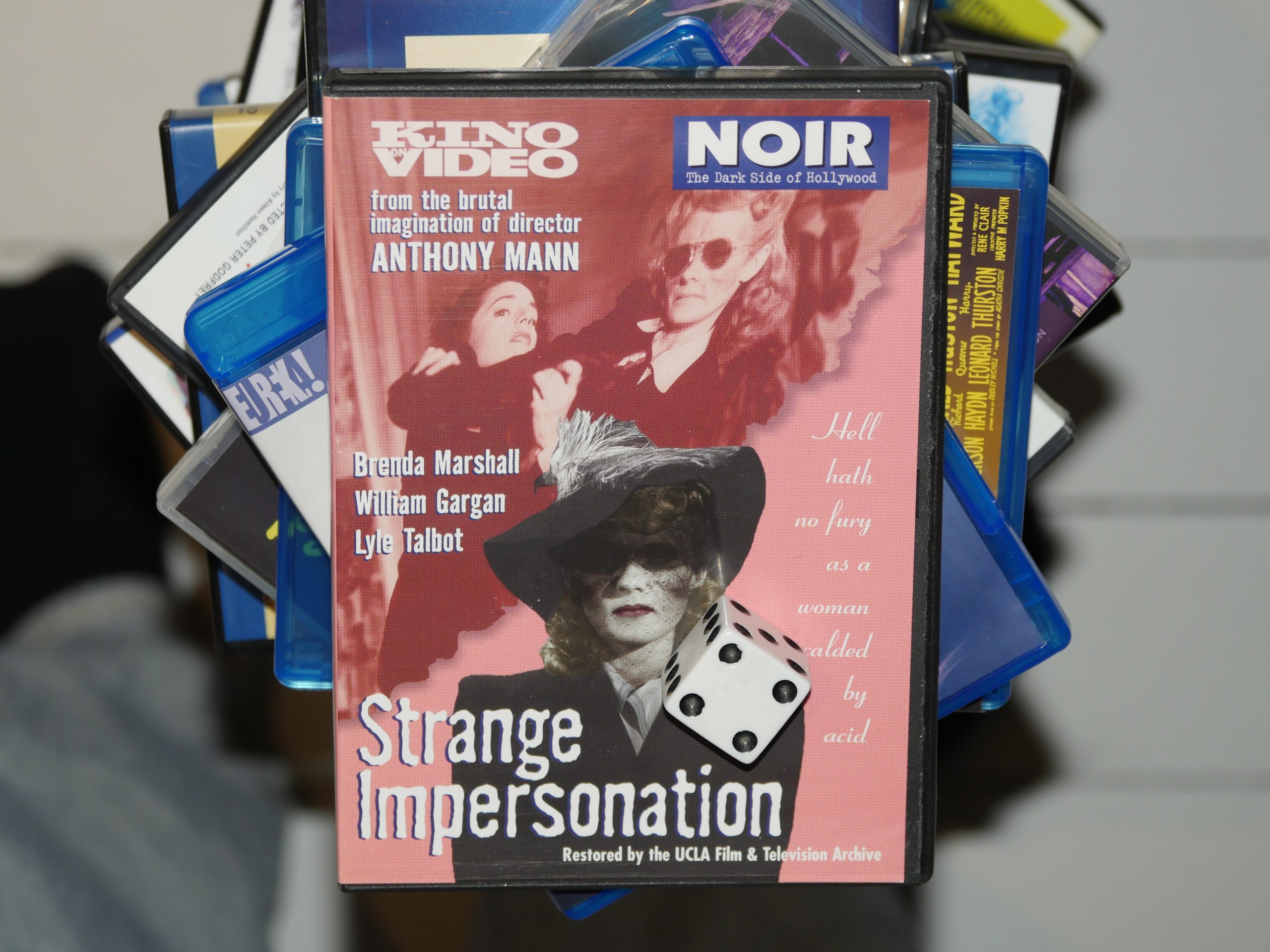
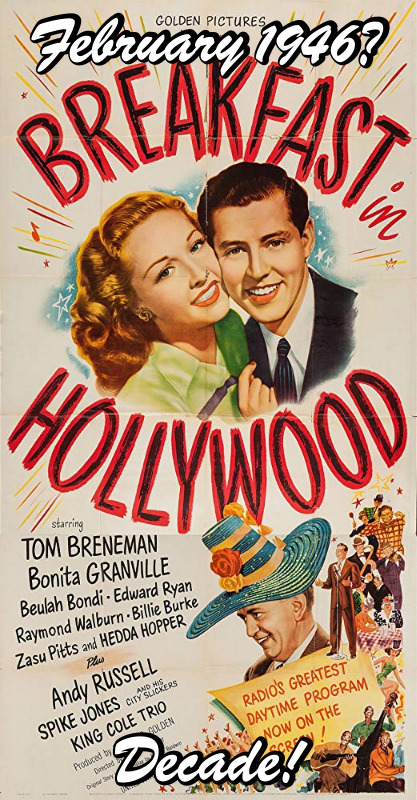
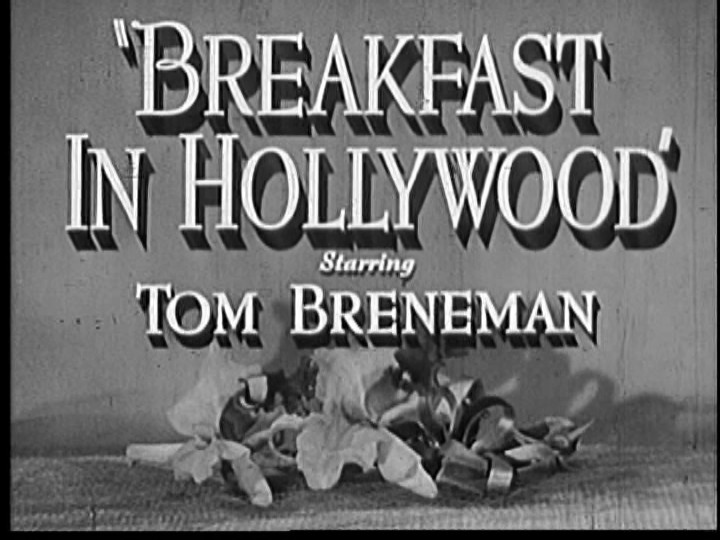

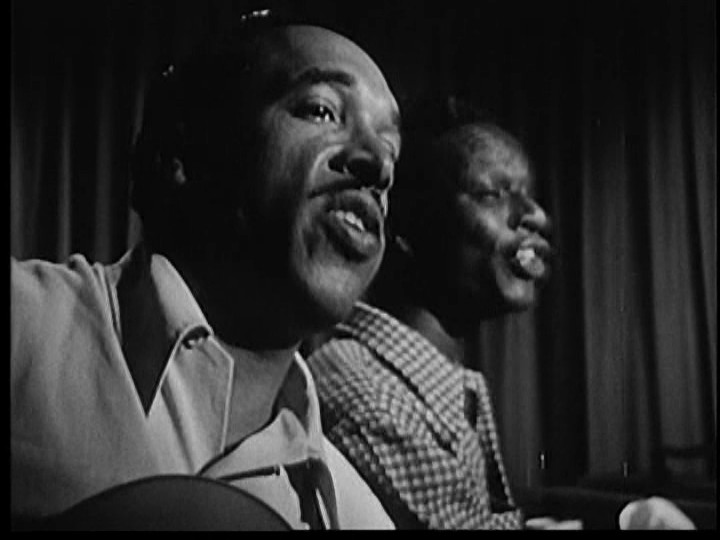

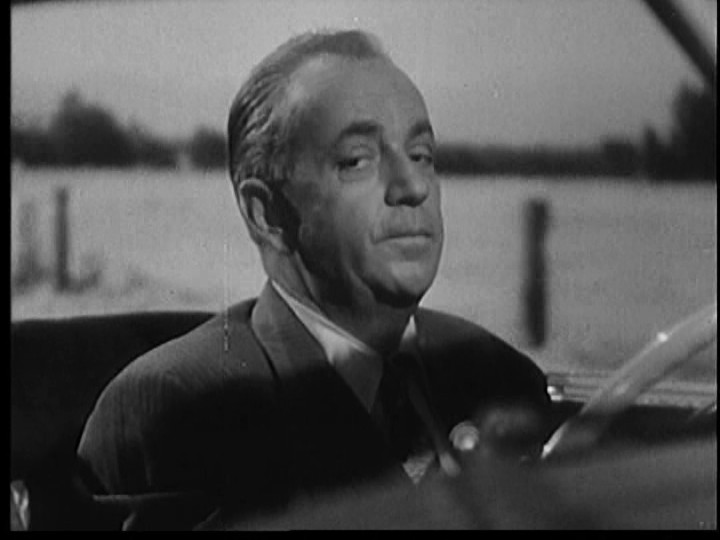
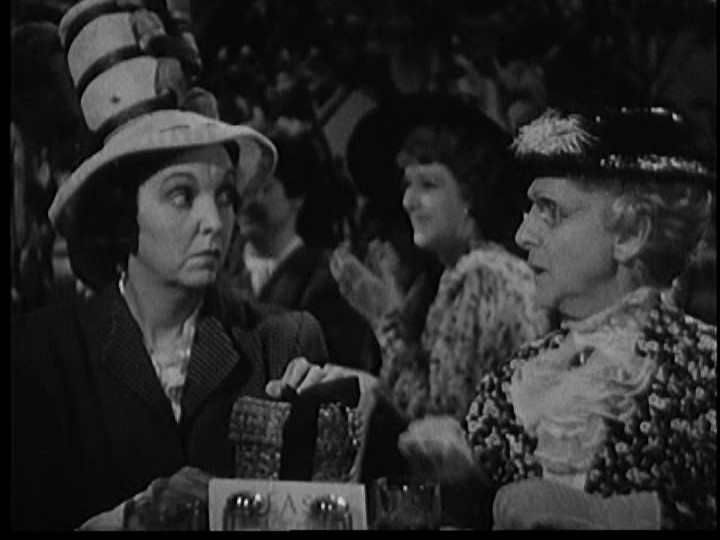

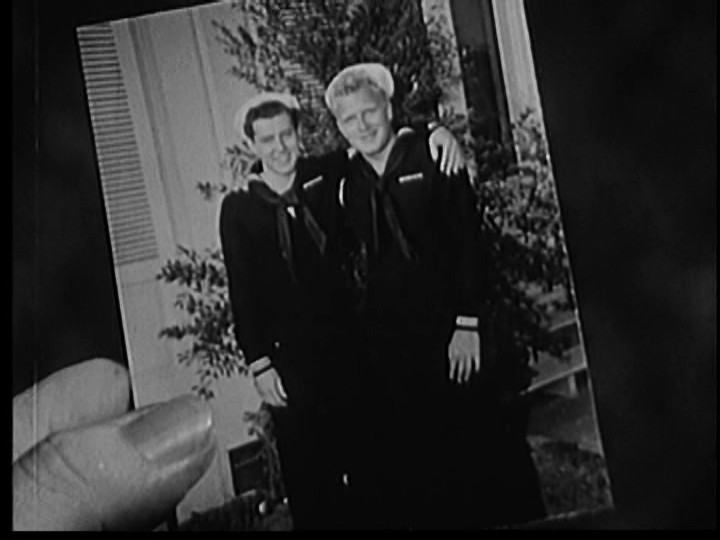
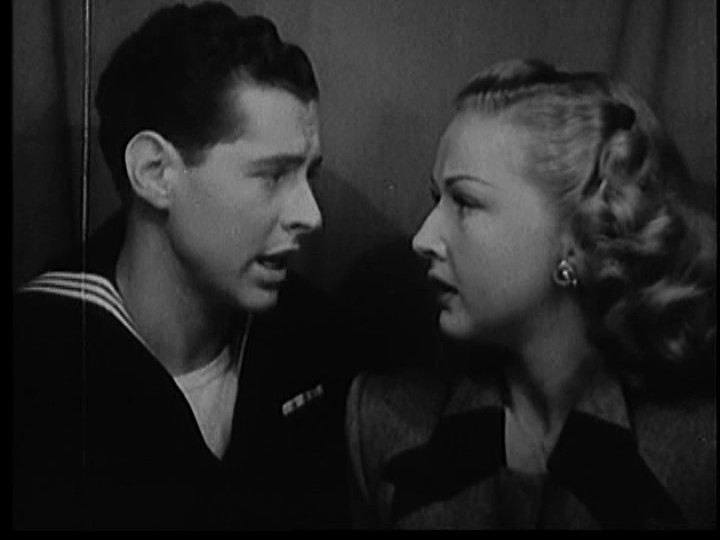
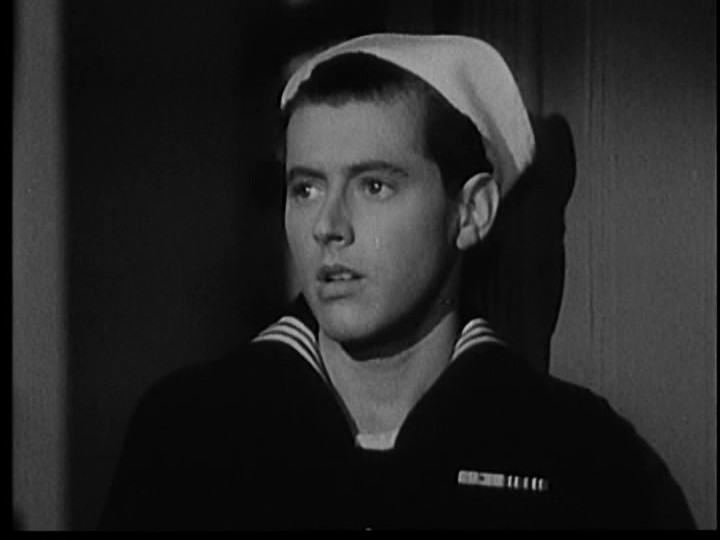
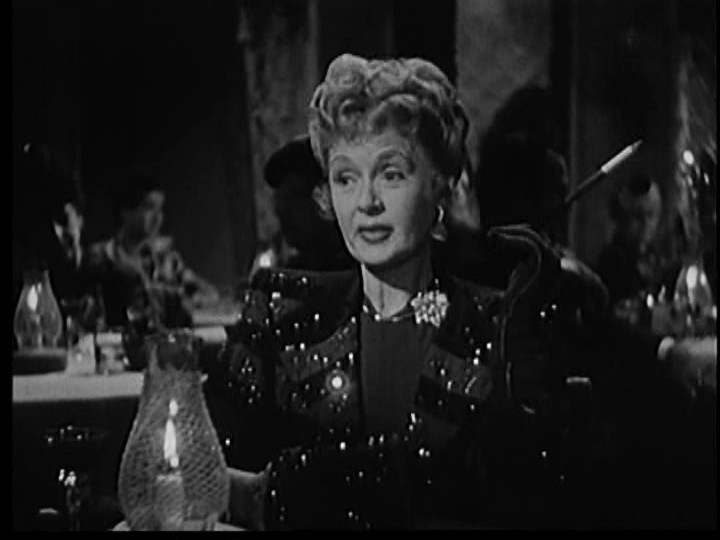
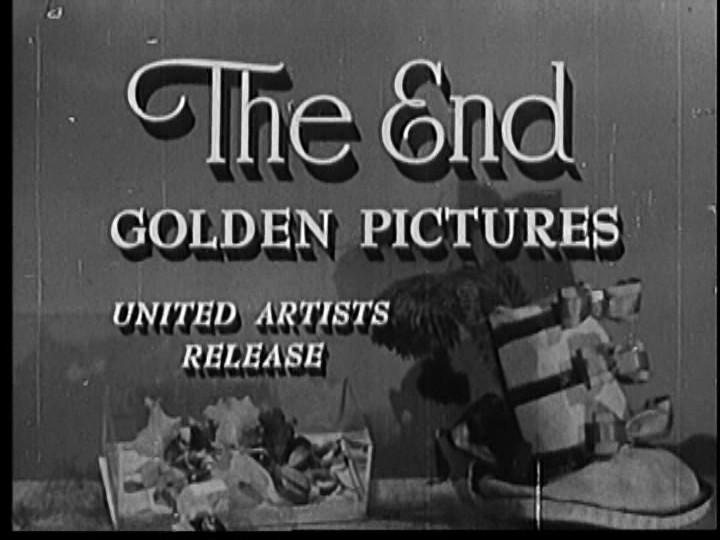



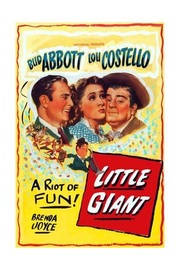
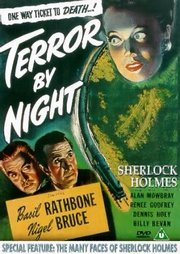
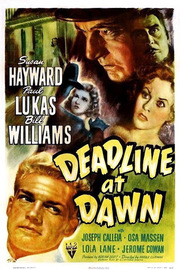



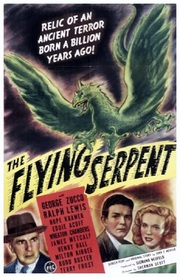

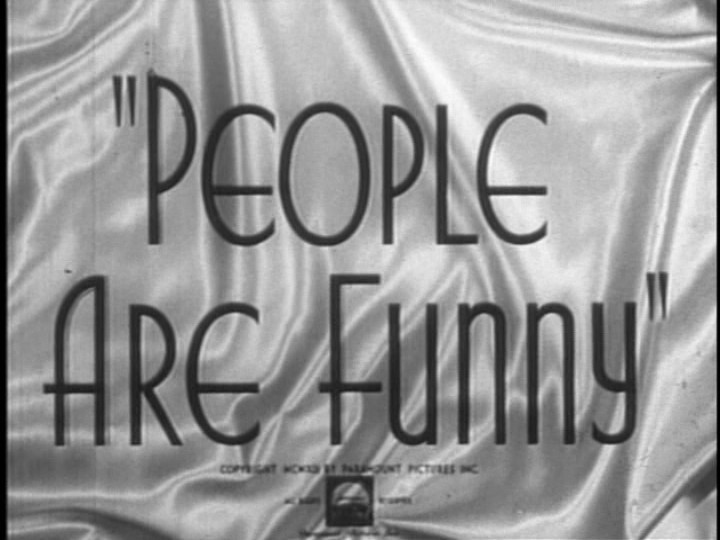

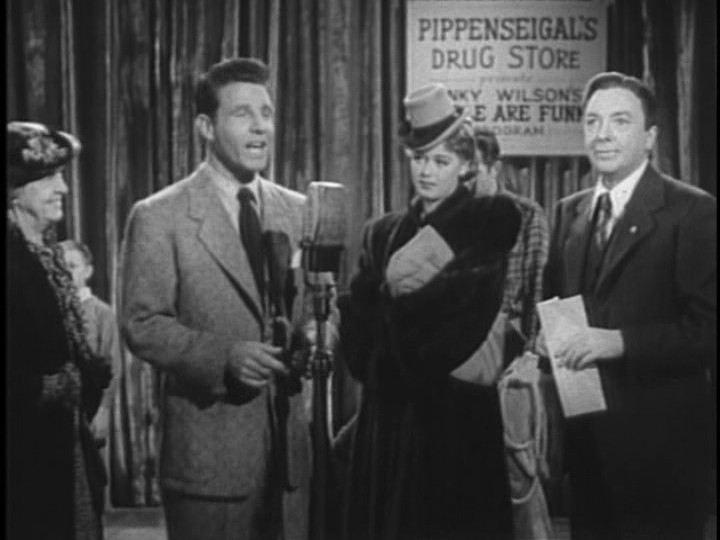
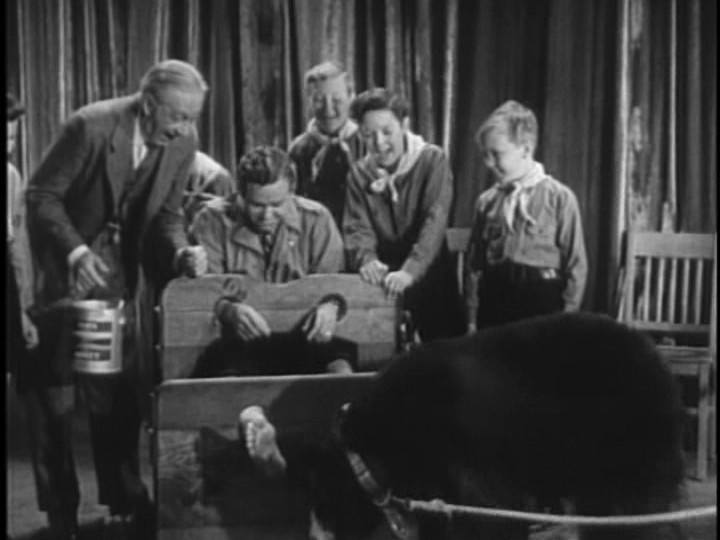
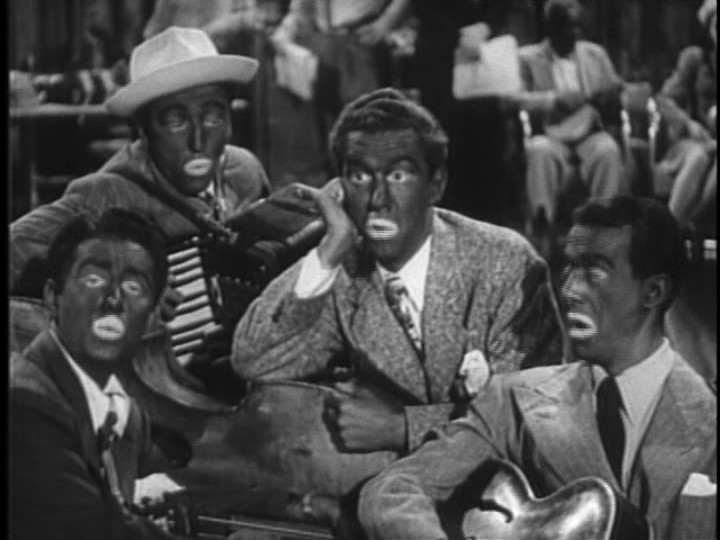
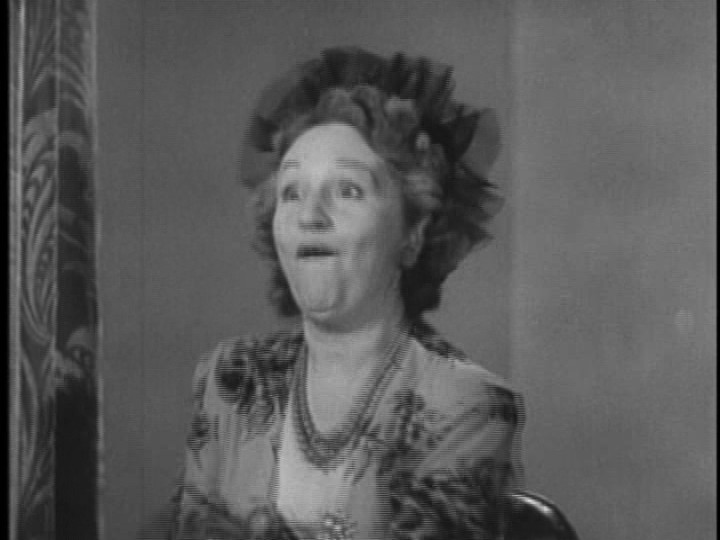

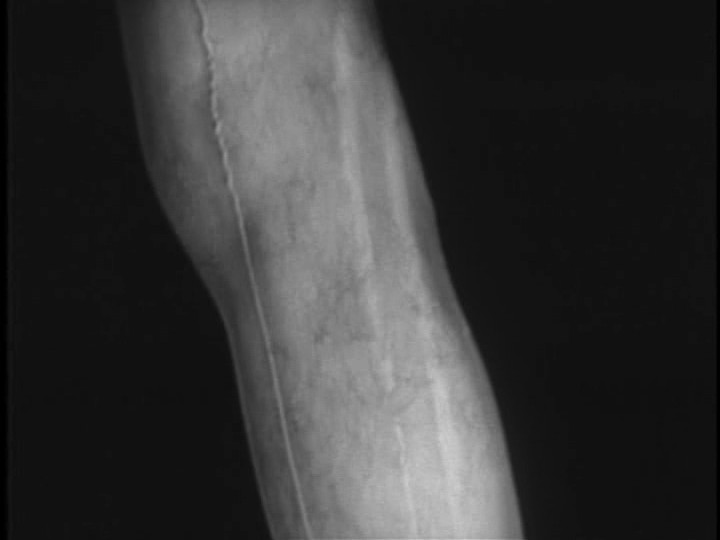
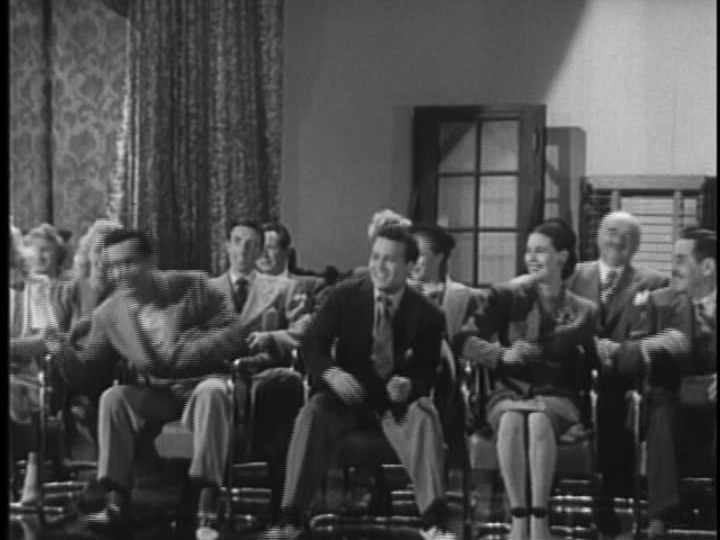
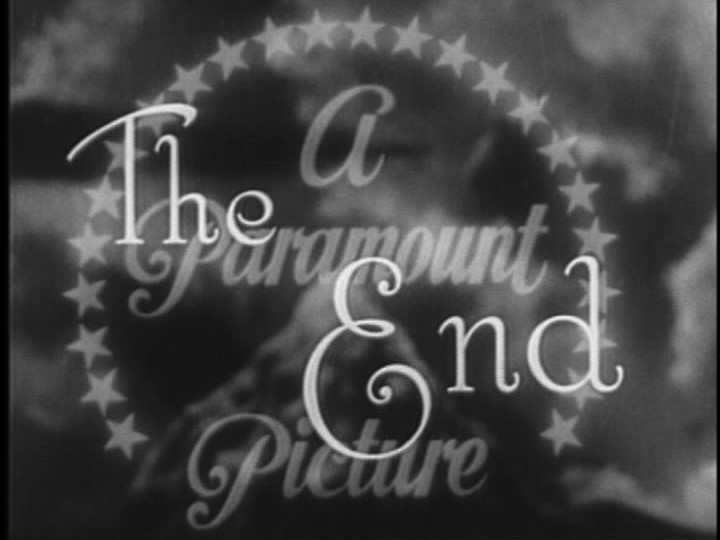

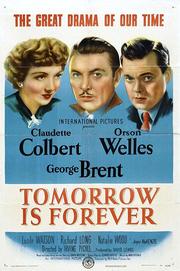




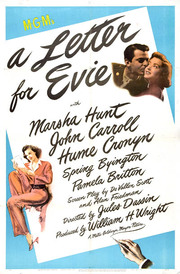
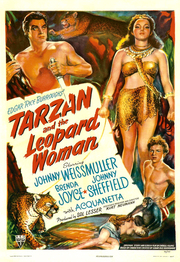
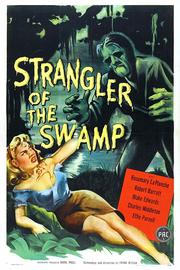
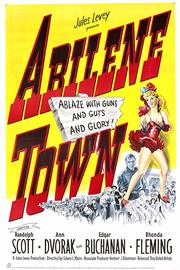
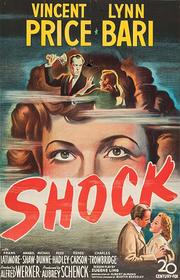
















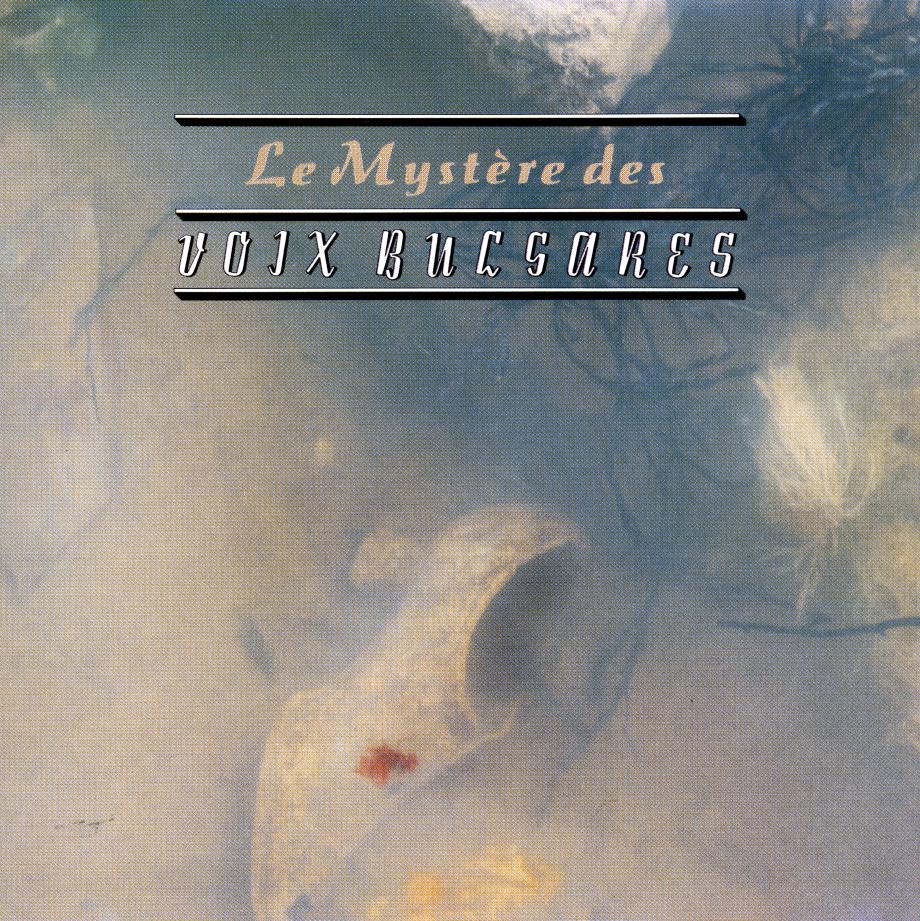

 BAD601
BAD601


 CAD602
CAD602

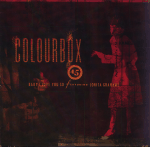






 BAD610
BAD610

